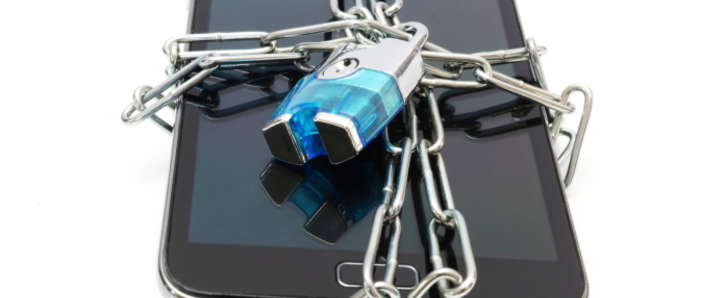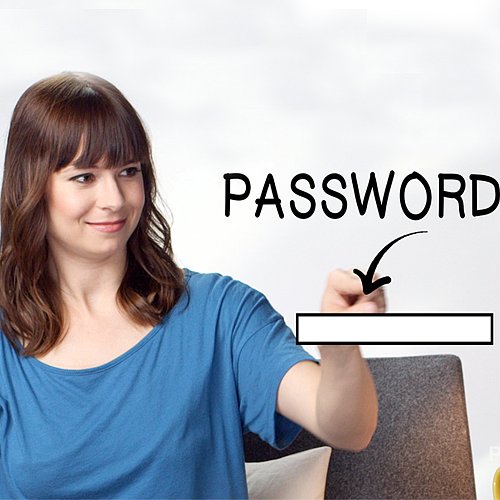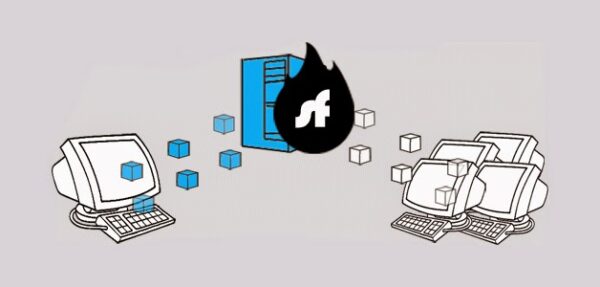In the recent events of last week’s photo theft and this week’s 1-billion password heist reported by The New York Times, it’s pretty easy to understand everyone’s paranoia these days regarding online security. Now while we can tip our hats to the internet for making shopping so easy, it doesn’t take all that much for our bank cards to be compromised. While hacking personal information isn’t exactly a new trend, being that it’s caught some pretty famous attention lately I decided to take a closer look at how to stay better protected from hackers. Check out these 5 tips on what you can do:
- Keep your security software up-to-date.
This is an easy step. There are many types of antispyware and antivirus companies to choose from, who often provide free versions of their software. AVG, Webroot, and MalwareBytes are all good pieces of software to check out. It is important to keep whichever software you choose up to date and perform regular scans of your computer to catch anything unusual before it wreaks havoc on your machine.
- Use a password manager.
Creating secure passwords is one of the best ways to keep your information private. Unfortunately remembering a unique password for every website you have to create a profile is pretty challenging for most people. To solve this you could go one of two ways, you could take the same approach as my mom takes and write down all of your passwords in a notebook. Now this doesn’t protect you against people close to you picking up that notebook and taking advantage of it; or you can sign up for a password manager. Sites like 1Password and LastPass require you to log into their site, and from there they will either house the passwords you create for all of your online logins or you can have the software create a complex password for you, ensuring your password is hard to decipher. Using a password manager makes it easier for you to keep track of your passwords and keep them from getting picked up by hackers.
- Be careful of WiFi hotspots. According to Forbes, “It takes zero hacking skills to surreptitiously monitor and/or hijack communications over a public Wi-Fi network. Widely available freeware makes eavesdropping on emails and web browsing as simple as pressing a button.” Finding a place that has free Wifi always feels like you’ve hit the lottery, the problem is that hackers see it that way too, and usually more literally. While checking CNN is a relatively low-risk activity when using public hotspots, logging into sites like your online bank or any ecommerce site like Amazon that stores your credit card information is a huge risk, and not one worth taking.
- Only give out payment info on secure websites.
Speaking of ecommerce sites, be sure to check that the site you’re giving your information to has an https:// address. The “s” stands for secure and means that the site uses encryption methods to keep your information secure. If the site you are trying to use does not offer secure methods, they may accept a payment through a service like PayPal or Amazon Payments, which does encrypt your data, and doesn’t share it directly with the website.
- Download only verified programs from companies you trust.
Downloading programs and information from the internet is the easiest way for hackers to bypass any security you do have installed on your computer. By disguising malicious software as a program you actually want, hackers can discreetly install spyware and track information you type into websites.
Samantha Levine is a freelance writer for Arknet Meida. In her free time she enjoys cooking, traveling, and reading in coffee shops. You can follow her on Google+






